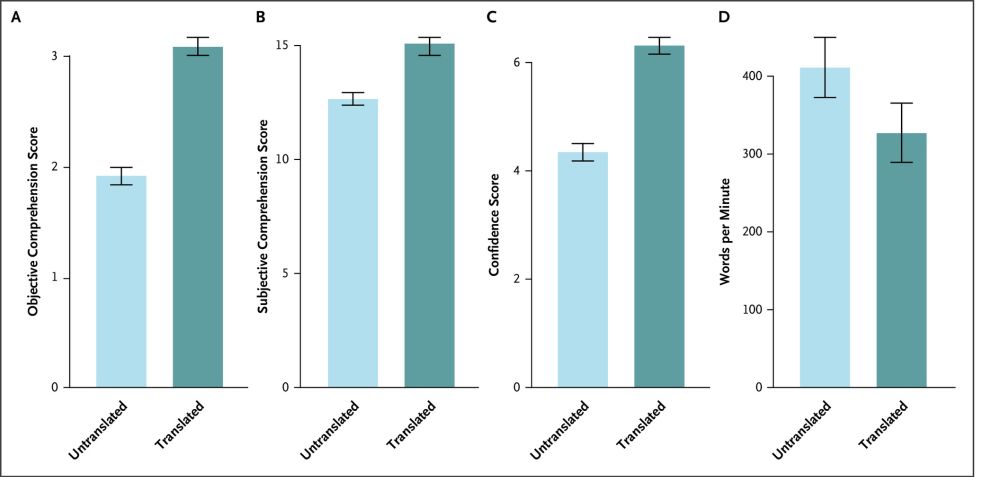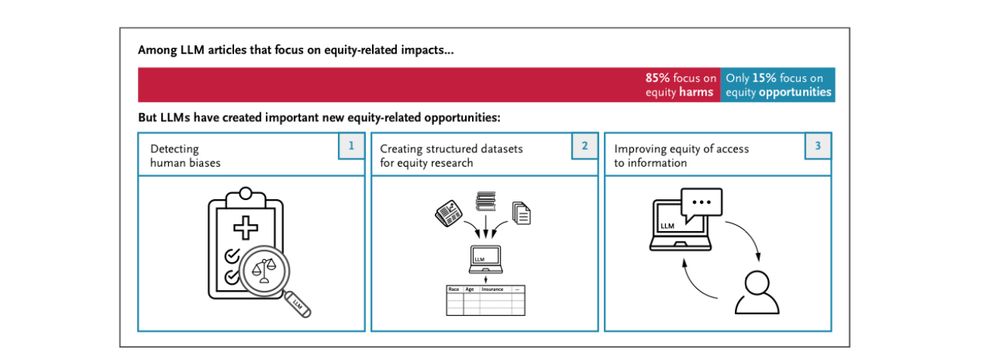
https://sites.google.com/view/gregorschubert
Law students using o1-preview had the quality of work on most tasks increase (up to 28%) & time savings of 12-28%
There were a few hallucinations, but a RAG-based AI with access to legal material reduced those to human level




Law students using o1-preview had the quality of work on most tasks increase (up to 28%) & time savings of 12-28%
There were a few hallucinations, but a RAG-based AI with access to legal material reduced those to human level
We ask what happens when households are more likely to WANT to own a home for cultural reasons? We find homeownership increases, they're more responsive to credit supply shocks, and more of their retirement portfolios are in real estate. 🧵

We ask what happens when households are more likely to WANT to own a home for cultural reasons? We find homeownership increases, they're more responsive to credit supply shocks, and more of their retirement portfolios are in real estate. 🧵


🩺💻
tagging: @downing.bsky.social @thelizarmy.bsky.social

🩺💻
tagging: @downing.bsky.social @thelizarmy.bsky.social


…yet in many ways LLMs are uniquely powerful among new technologies for helping people equitably in education and healthcare. We need an urgent focus on how to do that


…yet in many ways LLMs are uniquely powerful among new technologies for helping people equitably in education and healthcare. We need an urgent focus on how to do that
Most people still underestimate how useful Gen AI tools would be if they tried to find use cases and overestimate the issues - they're in "The Valley of Stochastic Parrots".

Most people still underestimate how useful Gen AI tools would be if they tried to find use cases and overestimate the issues - they're in "The Valley of Stochastic Parrots".



I've had access for a bit and it does very good initial reports on almost any topic. The paywalls around academic sources puts some limits around it, though.




I've had access for a bit and it does very good initial reports on almost any topic. The paywalls around academic sources puts some limits around it, though.
He makes the fair point that predicting technology effects is hard! Although I prefer to call our analysis "bottom-up" as it builds from microdata to a firm level exposure measure. 1/2

He makes the fair point that predicting technology effects is hard! Although I prefer to call our analysis "bottom-up" as it builds from microdata to a firm level exposure measure. 1/2
This means that there are still many "storage" parameters not fine-tuned for analytics and means that distillation can get large performance improvements at smaller model size.

This means that there are still many "storage" parameters not fine-tuned for analytics and means that distillation can get large performance improvements at smaller model size.
"The future is already here, it's just not evenly distributed"

"The future is already here, it's just not evenly distributed"
Science seems to progress in similar ways.
stratechery.com/2024/the-gen...

Science seems to progress in similar ways.
stratechery.com/2024/the-gen...
1) How vital is 100% accuracy on a task?
2) How accurate is AI?
3) How accurate is the human who would do it?
4) How do you know 2 & 3?
5) How do you deal with the fact that humans are not 100%?
Not all tasks are the same.
1) How vital is 100% accuracy on a task?
2) How accurate is AI?
3) How accurate is the human who would do it?
4) How do you know 2 & 3?
5) How do you deal with the fact that humans are not 100%?
Not all tasks are the same.
we surveyed 800 researchers across fields of study, race, gender, seniority asking their opinions on:
🐟 which research activities (eg coding, writing)
🐠 benefits vs risks
🦈 willingness to disclose
findings in @simonaliao.bsky.social's thread 🧵

we surveyed 800 researchers across fields of study, race, gender, seniority asking their opinions on:
🐟 which research activities (eg coding, writing)
🐠 benefits vs risks
🦈 willingness to disclose
findings in @simonaliao.bsky.social's thread 🧵
I was struggling to find a good framework to teach my MBA students how to find GenAI use cases in their orgs - so I made my own!
I called it the "BEAST" framework for finding LLM use cases - see details below.

I was struggling to find a good framework to teach my MBA students how to find GenAI use cases in their orgs - so I made my own!
I called it the "BEAST" framework for finding LLM use cases - see details below.
This birthday AI is being very demure, very mindful, even on its special day.

This birthday AI is being very demure, very mindful, even on its special day.

Steps:
1. Paste in lit review
2. Ask for web search on all the papers, to get titles and abstracts
=> Saves me lots of separate searches

Steps:
1. Paste in lit review
2. Ask for web search on all the papers, to get titles and abstracts
=> Saves me lots of separate searches


